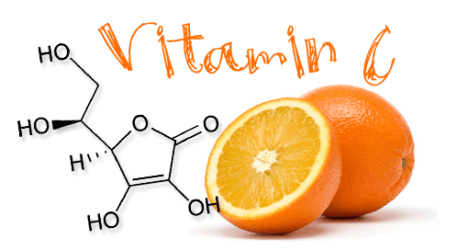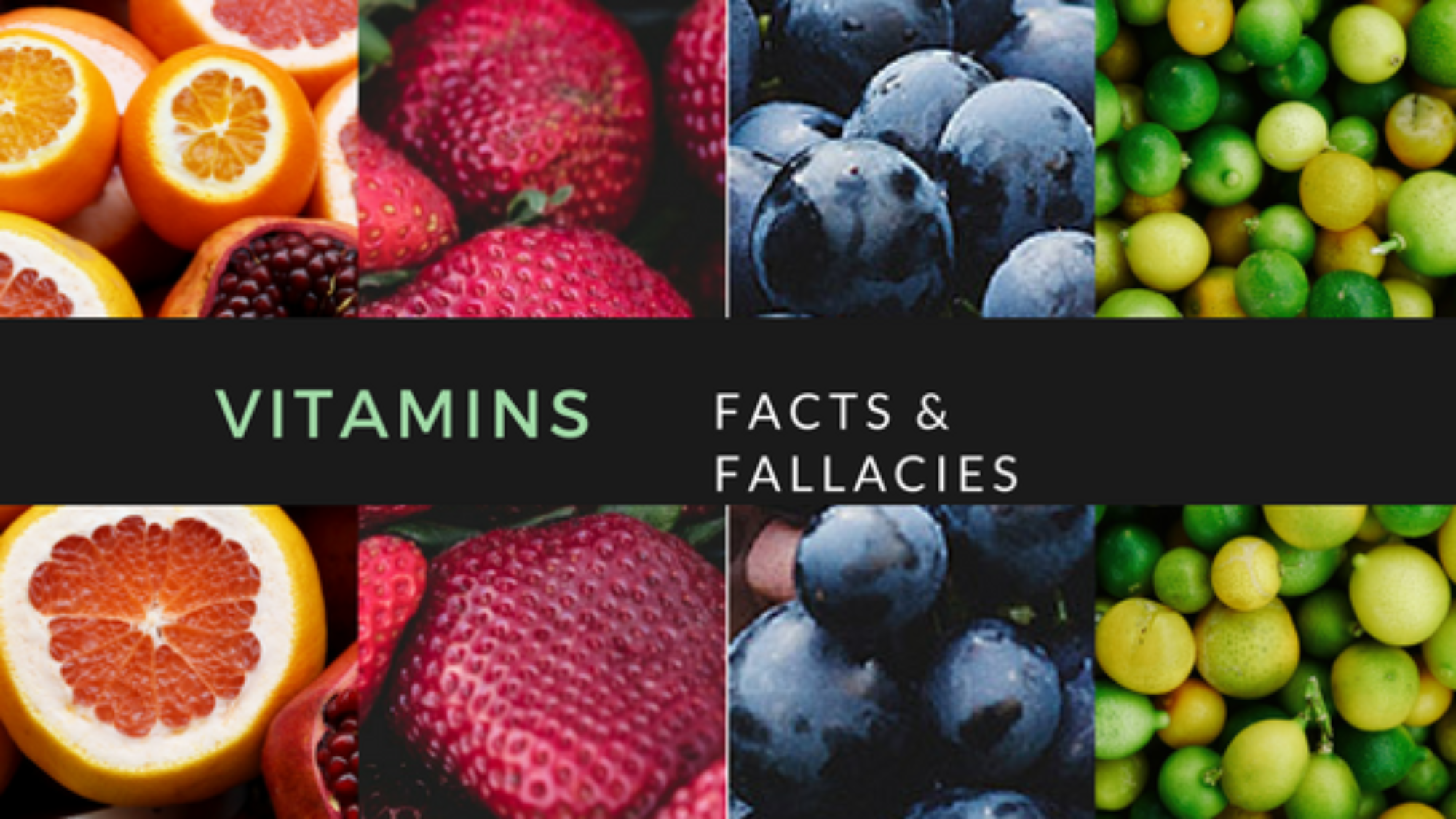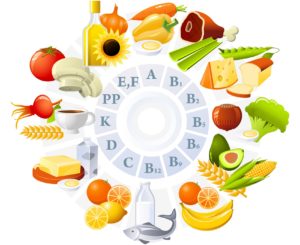No one food contains all the essential nutrients necessary to achieve optimal nutrition. No one combination of foods nor one single nutrient ensures good nutrition either. Optimal nutrition is the product of eating a wide variety of nutrients from a wide variety of foods.
This is important to emphasize because all too often you will hear people make statements like: “I want to build muscle so I’m taking these protein supplements” or “I want to avoid osteoporosis so I’m taking oystershell calcium”.
Honestly, contradictory scientific findings make it difficult to determine vitamin efficacy and safety, but this is not to say that supplements are never necessary.
The major point here is that slugging down a lot of supplements with a diet soda is not going to give you a healthy body, but eating a wide variety of nutrients present in foods will do the trick.
Balance is the operative word here. Balanced eating is the key to not only a long life but a high-quality life as well. Let this be your key to becoming empowered the good life and not a fallen victim to it.
So, in this article here you will learn the facts and fallacies of vitamins to help you make an informed decision.
What are vitamins?
Fact: Vitamins are chemical components needed in small amounts in our diets for normal body functioning. Thirteen vitamins have been identified as necessary for good health. If any are missing or inadequate in a diet, health problems can arise. All vitamins are made from similar building blocks — oxygen, carbon, hydrogen and sometimes nitrogen. Since the building blocks are arranged differently in each vitamin, each one performs a different function in the body.
What are the vitamins we need?
Fact: We need the fat-soluble vitamins A, D, E and K. These are called fat-soluble because they are more easily dissolved in fat than in water. Since the fat in our bodies can store these vitamins for a longer time, it is not necessary to eat food containing these vitamins every day. The water-soluble vitamins tend not to be stored in the body for long and therefore need to be eaten regularly. These include vitamin C and most of the B vitamins. Vitamin B12 is the exception; the liver usually has stores for up to a year or more.
Do vitamins give us energy?
Fact: No. Calories provide us with energy, and vitamins do not contain calories. Energy comes to us from carbohydrates, fats and protein. Certain vitamins act to release the energy present in these nutrients, but in themselves do not contain energy.
Are natural vitamins better than synthetic vitamins?
Fact: One is not better than the other; they are the same. Each vitamin has a particular structure that is the same whether it is made in the laboratory, made from so-called natural ingredients or eaten as a part of a plant or animal. Our bodies cannot tell the difference between them and will get the same benefits from them no matter what the source. The only difference is in cost. “Natural” vitamins are usually many times more expensive than their synthetic counterparts.
Does vitamin C prevent colds?

Fact OR Fallacy: The evidence is controversial. The concern is having people taking large doses of vitamin C is that it can lead to side effects such as cramps, diarrhoea and kidney stones and perhaps interfere with sugar testing in urine for diabetes.
Can vitamin E prevent ageing?
Fact: Vitamin E has been given credit for many things — from slowing ageing to enhancing sexual performance, to preventing heart attacks and baldness. Actually, vitamin E has been proven useful in a few unusual conditions. One is in people who have trouble with absorption due to bowel diseases and the other is in some premature infants. In both cases, a physician would prescribe the vitamin.
How can I be sure I’m getting all the necessary vitamins?
Fact: By eating a variety of foods every day. Make sure your diet includes foods from the following food groups: milk, meat, starch, fruit, vegetable and fats/oils.
Shouldn’t I take a multi-vitamin just to be sure I’m getting enough vitamins?
Fact: Much of today’s advertising leads us to believe that our diets cannot supply us with enough nutrients and that a daily vitamin is essential for good health. This is not true. If we are otherwise healthy, our diets can provide us with all the vitamins and other nutrients we need to remain healthy. Keep in mind that vitamin pills are not harmless substances. Recent evidence shows that overuse of many vitamins can lead to harmful side effects.




Add a Comment